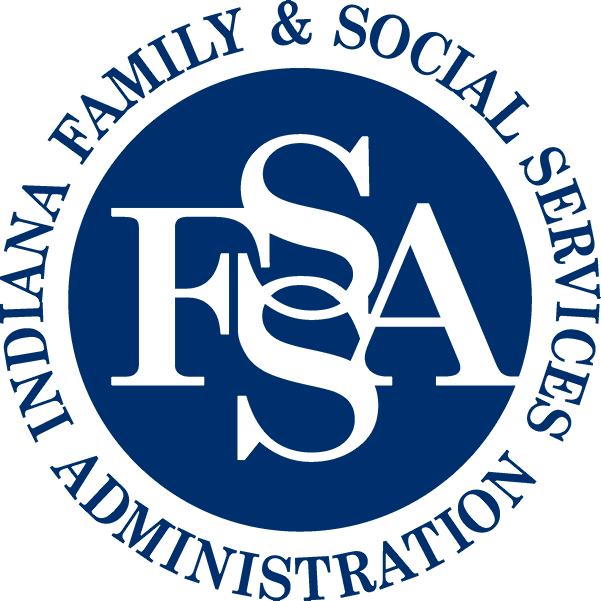
Indiana’s Preschool Development Grant Birth through Five
The Preschool Development Grant Birth through Five (PDG B-5) federal grant program is designed to support states in coordinating and aligning existing programs within the state’s early childhood education mixed delivery system. The Administration for Children and Families within the U.S. Department of Health and Human Services, jointly with the U.S. Department of Education , administers the grant program, established under section 9212 of the Every Student Succeeds Act of 2015 (Pub. Law 114-95).
PDG B-5 administers two types of grants: Planning Grants (formerly Initial Grants) and Renewal Grants. The purposes of both the PDG B-5 Initial and Renewal Grants remain focused on improving child health and development, maximizing parent engagement, knowledge, and choice, creating seamless learning experiences, preparing all children to enter kindergarten, and improving transitions from the early childhood system into the local educational agency.
To achieve these goals, recipients are charged with developing and strengthening a unified early childhood education mixed-delivery system by investing the ECE workforce and technology, identifying opportunities to expand access to high-quality programs, improving system coordination and collaboration by aligning policies, initiatives, funding streams, and resources, as well as promoting the mental health and wellbeing of children, families, and the workforce.
